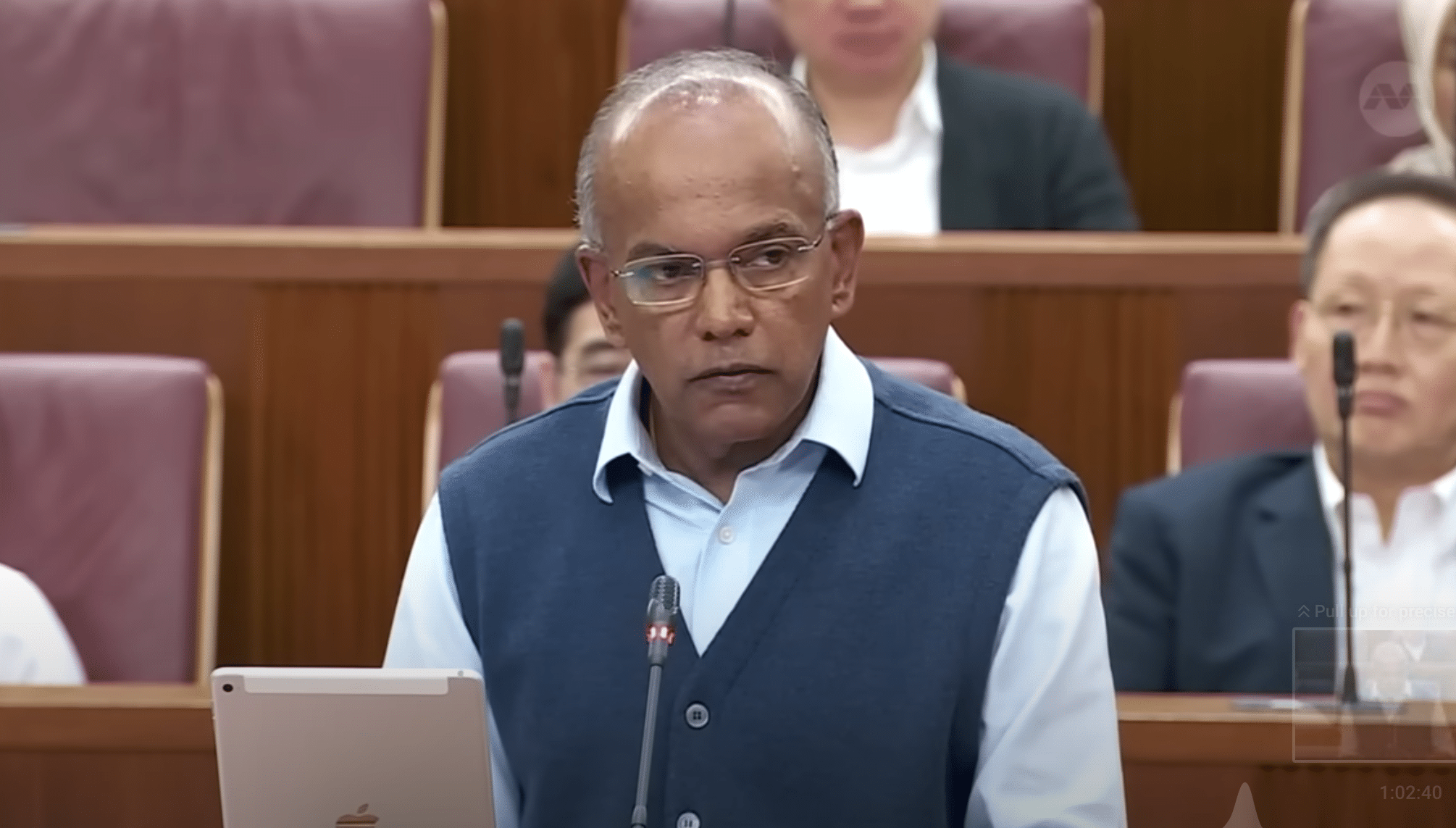Compulsory counselling needed for women considering single motherhood through export of frozen eggs
Dr. Alexis Heng Boon Chin highlights concerns surrounding the extension of the age limit for elective egg freezing and the restrictions placed on single women seeking fertility treatment in Singapore. He suggests that legal loopholes allow women to export their frozen eggs for donor sperm IVF abroad.
However, he emphasizes the need for compulsory counseling to ensure women fully understand the implications of pursuing single motherhood through this method, including potential legal discrimination, mishaps associated with foreign sperm banks, reduced IVF success rates, and challenges faced by mixed-race donor-conceived children.










